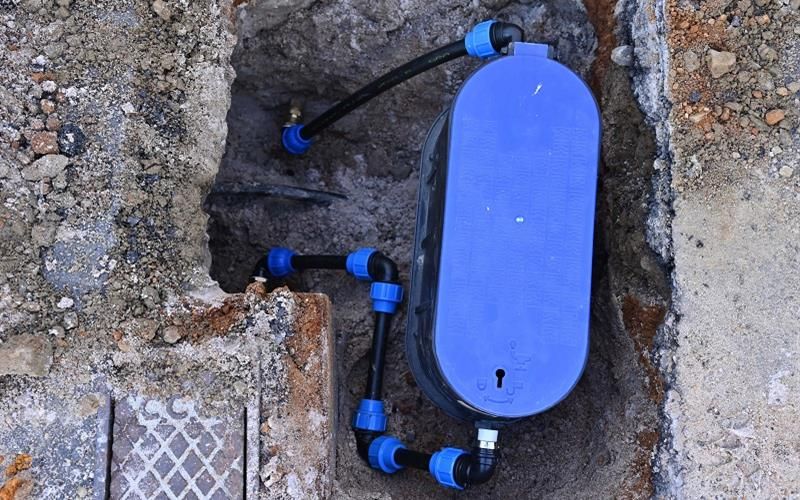The Special Investigating Unit (SIU) and the National Prosecuting Authority (NPA) have successfully recovered R1.9 million that was unlawfully claimed from the Agriculture Sector Education and Training Authority (AgriSeta) by Lerato Raphael Mokoteli, a Bloemfontein pastor. The fraudulent funds were obtained between 2016 and 2019. Mokoteli has repaid the full amount to AgriSeta as part of a guilty plea agreement with the State.
The Fraudulent Application
In March 2015, Mokoteli and Anthony Dywili submitted a fraudulent application to AgriSeta for R1.9 million in funding to support training and mentoring in food garden operation in Kimberley. The application claimed to represent a joint venture between Business Against Crime and Dipalemo Training Strategic Services, an accredited AgriSeta service provider. However, no such partnership existed, and Dipalemo was unaware of the application.
The Investigation
The SIU began investigating allegations of corruption and maladministration within AgriSeta in 2018 under Proclamation R 4 of 2018. The purpose was to recover any financial losses incurred by the State. The investigation revealed several instances of fraudulent activity, including false documentation and theft of funds.
Instances of Fraudulent Activity
- Mokoteli and Dywili created a Memorandum of Understanding between Business Against Crime and the nonexistent Northern Cape Empowerment Academy led by Dipalemo after receiving the R1.9 million in funding.
- Between June and November 2016, Mokoteli submitted invoices totaling R1.3 million to Business Against Crime on behalf of Dipalemo, despite having no relationship with them.
- Mokoteli submitted a fraudulent close-up report to AgriSeta on behalf of Dipalemo, knowing that Dipalemo had not provided any training.
- 50 learners were allegedly trained and received a certificate of competency in food operation, with a total stipend of R219,000.
- R381,564.86 was claimed for the administration of training.
- Dywili did not disclose to AgriSeta that R600,000 of the funding remained unspent, violating the terms of the agreement.
- In July 2016, R317,000 of the funding was paid to a non-profit organization called Christian for Peace in Africa, chaired by Dywili.
Criminal Charges
In 2019, the SIU referred evidence of criminal offenses to the NPA for further action under the Special Investigating Units and Special Tribunals Act 74 of 1996. Mokoteli, Dywili, and Jeremia Sello Madiba, the AgriSeta chief executive officer between 2008 and 2017, were charged with multiple counts of fraud and money laundering. Madiba allegedly awarded the tender without the required decision by the AgriSeta Board of Directors, contravening the Public Finance Management Act (PFMA). He is due to appear in court on a PFMA charge on 28 August 2023.
Guilty Plea Agreement and Sentencing
On 26 May 2023, Mokoteli entered into a guilty plea agreement with the State, admitting to two counts of fraud and two counts of money laundering, and agreeing to repay the R1.9 million to AgriSeta. On 14 June, Mokoteli was sentenced to 10 years for the fraud charges and five years for the money laundering charges. However, these sentences were suspended for five years, provided that he is not convicted of similar offenses during that period.








